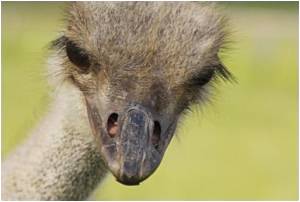Animal rights campaigners have welcomed an Indian government ruling that has torpedoed efforts to revive traditional, local-style bullfights in the resort state of Goa.

The list already includes bears, monkeys, tigers, panthers and lions.
The chairman of the Federation of Indian Animal Protection Organisations, Chinny Krishna, said the "landmark" ruling, brought in last month, means bulls cannot now be used in races in south India or bullfighting in Goa.
Unlike in Spain or Portugal, where bullfighting is widely regarded as an integral part of cultural heritage, the Goan version does not usually involve seriously injuring or killing bulls.
Instead, the only human involvement is to hit, push and cajole the two bulls as they charge and butt each other in open fields during bloody fights that can last for hours until one of the beasts limps away in defeat.
"Hundreds of bulls are tortured in barbaric events like jallikattu (bull wrestling) and rekla races in south India and the dhirio (bullfighting) of Goa," Krishna said.
Advertisement
Bullfighting was once a way of life in Goa, with thousands of people gathering on Sundays and public holidays to cheer on the animals as they locked horns.
Advertisement
The bid led to protests from animal rights groups, including the global People for the Ethical Treatment of Animals, and ultimately failed to get state sanction.
Bullfights, however, have continued illegally in certain places, with police being paid off to turn a blind eye. Big money is staked on the fights, often through foreign-based betting syndicates.
Source-AFP








